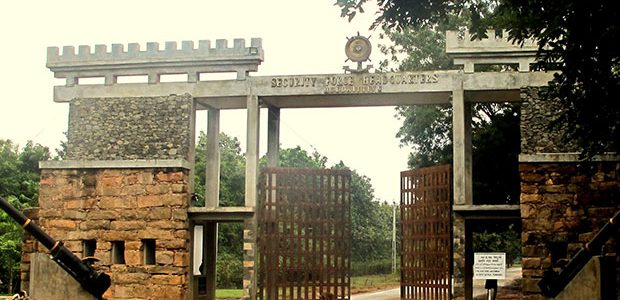Wronged Want Rights:
Displaced Sri Lankans Demands For New Constitution
Sri Lanka’s many displaced locals are asking that the “right to a decent standard of living” be included in the country’s new constitution.
“Why must we live like this?” laments one of Sri Lanka’s many displaced.
“The war is over but we cannot return to a contented life,” says another.
“We only ask the government: why does it not help us?” complains a third local. “If things go on like this our children will have no future.”
Our country needs development cantered around the basic needs of our people.
The situation is similar for thousands of Sri Lankans displaced by the country’s civil war or by natural disasters. The local government continues to promise to provide housing or to return land confiscated by the military, but for many locals this has not happened.
Now activists and advocates for the displaced are calling for the country’s new constitution, currently under development, to include the right to a “decent standard of living”.
“We have proposed that the constitution be amended to ensure justice for the displaced,” says activist K. G. Somalatha from southern Sri Lanka.
There were originally around 130 families in Kepapilau village in Mulaitivu, in the north east of the country. All of them were displaced and remain without proper homes, while the military uses their former land as a new headquarters in the area. Other villagers have similar stories, having had land taken over. It is now being used by the navy and other military for camps.
“How can we feel certain of our citizenship in this country,” says the village of Kepapilau’s priest, Arumugam Velayudhapillai. “The government needs to take steps to stop this and that new clause should be included in the new constitution.”
Of the land taken by the military and navy, less than a third has been returned to the rightful owners, explains Anthony Jesudasan, a coordinator with the National Fisheries Solidarity organization. International advisers keep saying that justice needs to be done for the displaced, Jesudasan says, but it has not happened. The new constitution could change this, he suggests.
And it is not just war and the military that have displaced Sri Lankans. For example, renovations to the Handapanagala Reservoir saw around 120 fishermen lose their livelihoods, alongside 57 farming families. The government was supposed to provide them with compensation but has not yet done so, even after over a year.
“Our country needs development cantered around the basic needs of our people,” says environmentalist Ravindra Kariyawasam. “Over a third of the displacement in Sri Lanka has been caused by natural disasters.”
Once again, as Kariyawasam points out, putting the right to a decent standard of living in the new constitution could help with those kinds of problems too.
The proposal to include this right has been welcomed, says Lal Wijenayake, who heads the country’s Public Representations Committee on Constitutional Reform, which was set up to receive public submissions on what should and should not be in the new constitution.
“We have recommended that rights to property be included in the new constitution,” Wijenayake says, noting that groups from both the north and the south, displaced by both war and natural disaster, submitted ideas to his committee. “These contributions are very humane and just.”
Similar protections could be instituted in Sri Lanka’s new constitution by a clause that guarantees the protection of the environment, he adds. “This has been seen as a fundamental right by many governments. I would repeat once again that Sri Lanka’s new constitution should be one made for the people, by the people.”
Wijenayake is pleased because many of the recommendations made by his committee are being considered. “If they are approved, then Sri Lankans’ fundamental rights will some of the best in Asia,” he concludes.










